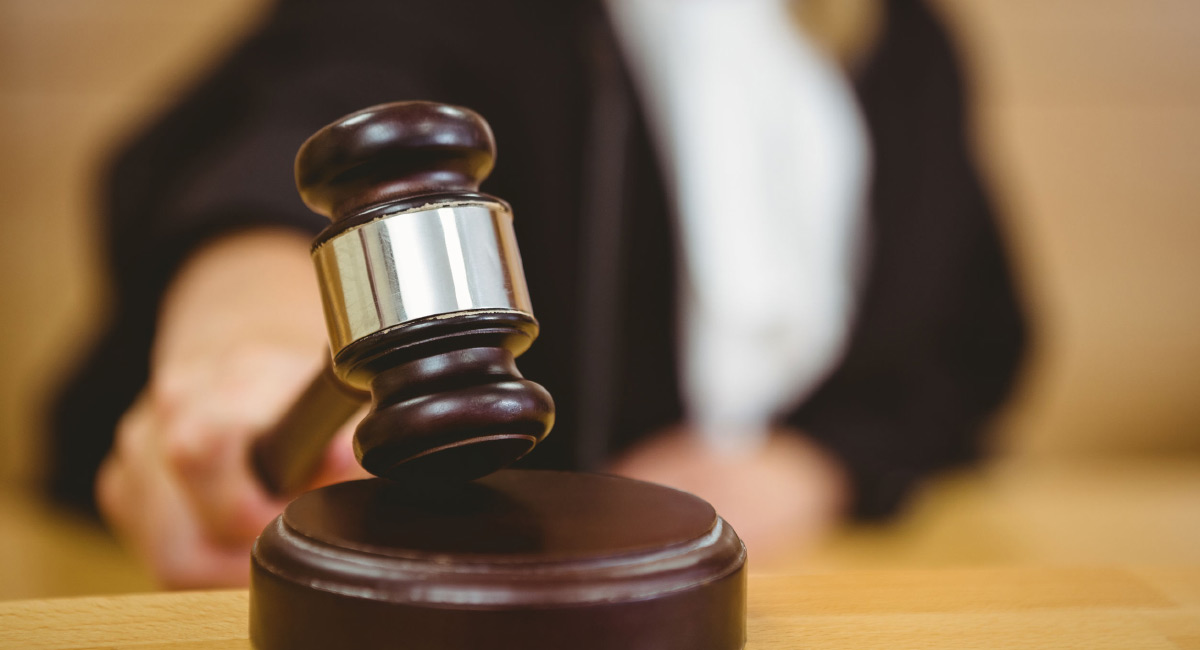The Spanish Inquisition of the 15th century reeked havoc on the lives of thousands, especially those found guilty of not adhering closely to strict Roman Catholic orthodoxy, and many were executed or were driven into exile. American college campus judicial proceedings are really not quite as bad or intolerant, but nonetheless too similar for comfort. Fortunately the social justice warriors in university student affairs bureaucracies who often run university disciplinary hearings do not have the authority to impose the death penalty, having only the power to expel students
The Foundation for Individual Rights in Education (FIRE) has done a yeoman’s job detailing all the infringements on free expression on America’s campuses, but additionally they have taken on a valuable secondary watchdog role: monitoring the disciplinary processes that colleges use with respect to students violating school rules, including regarding sexual assault. Their latest report shows colleges do a horrible job in ensuring due process and following American standards of fair play in judging the innocence or guilt of those accused of violating collegiate rules of conduct.
FIRE took the 50 top national universities ranked by US News & World Report, actually 53 institutions allowing for ties. A majority of the schools were elite private institutions, but 15 large state universities were also included. Each school was given a point for good policies regarding standard disciplinary matters, and a second point for meeting desirable criteria in sexual assault cases. Some 10 different features of each school’s procedures were examined, so a perfect score would be 20 points. Schools scoring four or fewer points were given an “F” grade.
The criteria used by FIRE comport with those used in American courtrooms. Does the school notify students allegedly guilty of an offense promptly in writing of the charge? Are students allowed to have a representative, including an attorney, present and able to ask questions, interrogate witnesses and introduce their own evidence? Is there a presumption that the student is innocent until proven guilty? Is the role of prosecuting the case against the student completely separated from the role of deciding whether a student was guilty of misconduct? Where a student faces possible expulsion from school, must their be “clear and convincing evidence” (as opposed to a lower standard of proof such as “a preponderance of evidence”) used in order to expel the student?
The findings were awful. No schools scored an “A’ grade, and some of America’s most illustrious institutions like Cal Tech, Columbia, Harvard, MIT, Northwestern and several University of California schools received one or two “F” grades. Stanford and the University of North Carolina at Chapel Hill each got one “B” grade—the highest ranked of any schools. Schools generally showed even less deference to traditional standards of fair treatment with respect to sexual assault cases than other disciplinary issues.
One might argue that student disciplinary cases do not mostly involve violations of laws, so legal standards need not apply. It is also true that strict adherence to courtroom legal procedures can be expensive, and much student disciplinary activity involves things like cheating on exams, matters for which spending thousands of dollars on lawyers and other legal protections would seem inappropriate. Moreover, many schools are allegedly “private” in nature—not subject to the rules prevailing in public forums.
I am generally skeptical of these arguments. Where a student faces possible suspension or expulsion, the economic consequences are large enough to justify rather large expenditures. These cases are relatively rare on most campuses in any case. Randomly selected students could serve as “jurors” in many cases at little or no cost. With a few exceptions like Hillsdale College, most schools directly or indirectly receive taxpayer support, so they are not purely “private” as they allege.
The bigger public policy issue is to know how to change the system. An increasing number of expensive judgments against universities in courts of law could bring about a good deal of needed change. The social justice warriors and purveyors of identity politics dominating the student affairs bureaucracy may be thwarted by the threat of huge potential financial liabilities. More problematic perhaps but possibly forthcoming would be federal or state legislation mandating that traditional procedures of American jurisprudence be followed.












